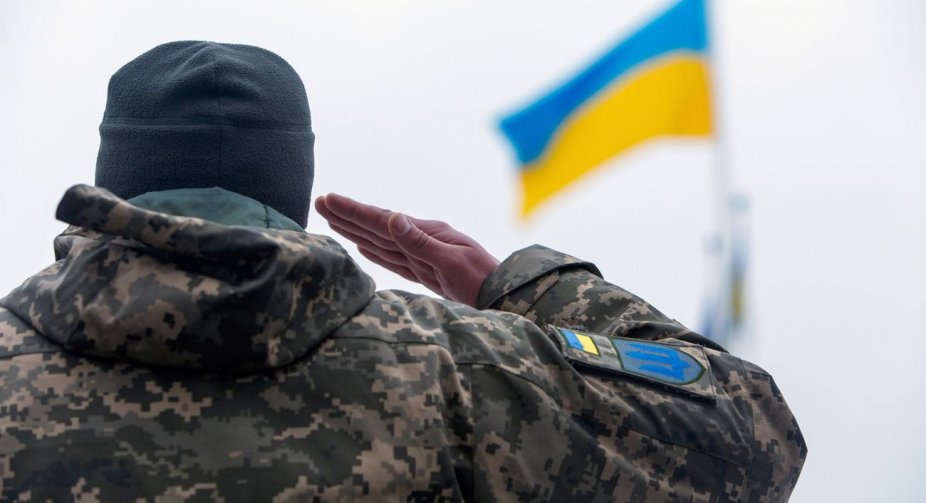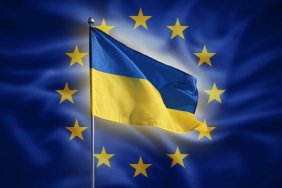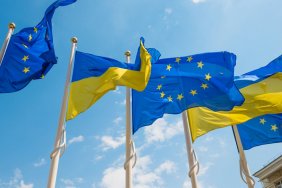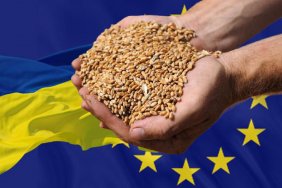Brussels is conducting an audit of how many weapons EU member states provided to Ukraine after Russia's full-scale invasion. The audit will take place after claims that some countries did not send as many weapons as they could have. This was reported by the Financial Times.
It is noted that the EU External Action Service (EEAS) is verifying the amount of weapons that member states provided to Ukraine after Russia's invasion. The EEAS is expected to present its findings before the EU leaders' summit scheduled for February 1.
EU diplomats said that the verification will be based on information provided by member states in response to EEAS requests. However, some countries have already shown resistance in providing full information.
This decision to audit was made after German Chancellor Olaf Scholz demanded that the arms supplies to Ukraine be calculated and compared. Scholz noted that most EU member states have fulfilled their deliveries, but these volumes are considered too limited.
Brussels launches audit of arms supplies to Ukraine at Scholz's request

Recommended News

Brussels is conducting an audit of how many weapons EU member states provided to Ukraine after Russia's full-scale invasion. The audit will take place after claims that some countries did not send as many weapons as they could have. This was reported by the Financial Times.
It is noted that the EU External Action Service (EEAS) is verifying the amount of weapons that member states provided to Ukraine after Russia's invasion. The EEAS is expected to present its findings before the EU leaders' summit scheduled for February 1.
EU diplomats said that the verification will be based on information provided by member states in response to EEAS requests. However, some countries have already shown resistance in providing full information.
This decision to audit was made after German Chancellor Olaf Scholz demanded that the arms supplies to Ukraine be calculated and compared. Scholz noted that most EU member states have fulfilled their deliveries, but these volumes are considered too limited.





